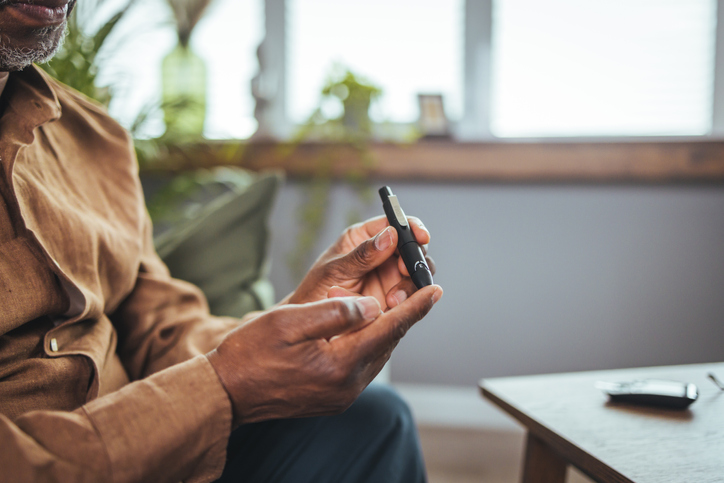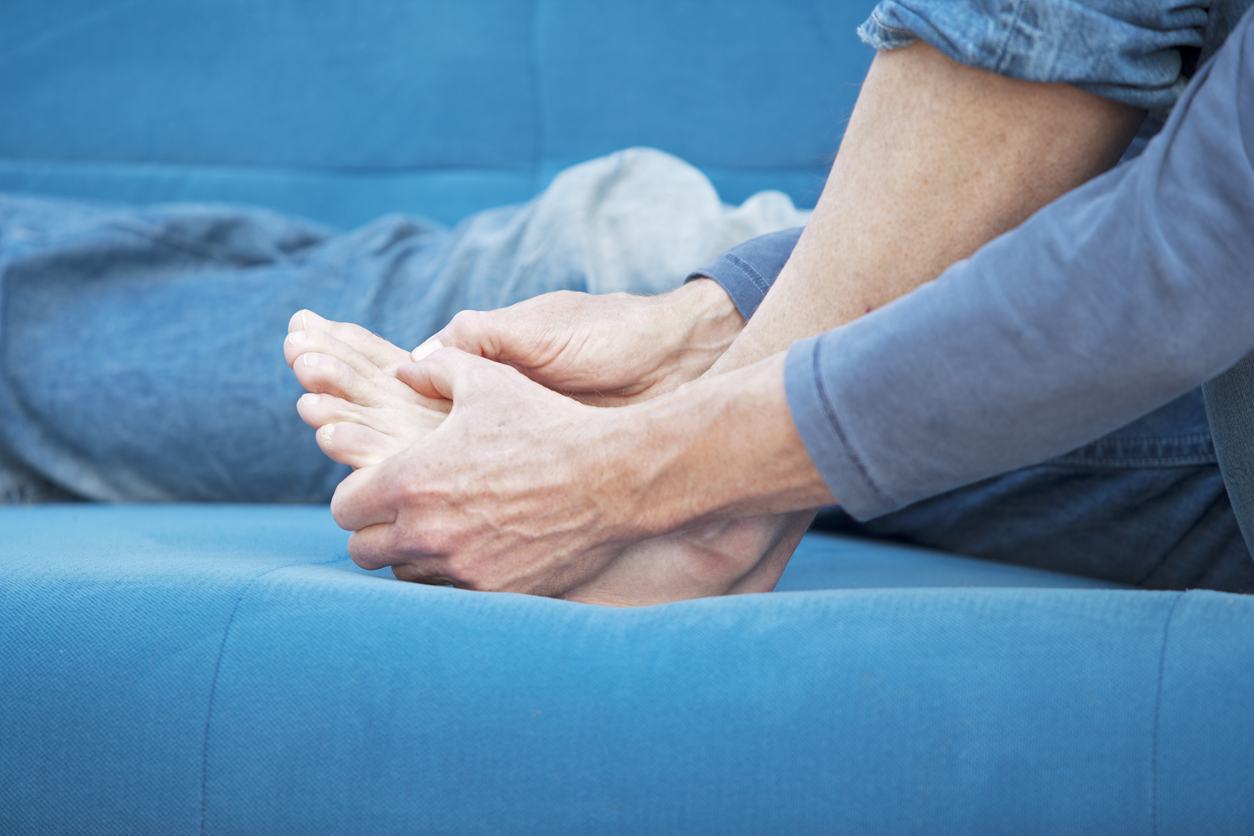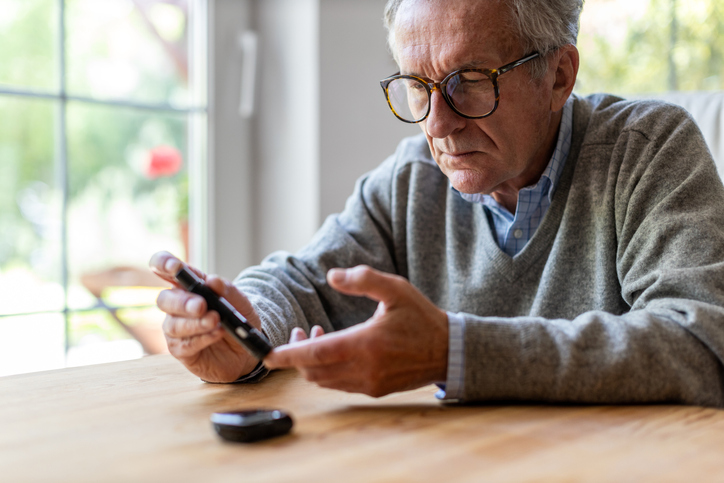New Year’s Exercise Advice For People With Diabetes.
Making a New Year’s resolution can be a challenge, whether you want to make lifestyle changes, set personal goals or get a little fitter. Making small, manageable changes and starting the year with a positive mindset can help you stay healthy and happy!
We have put together some top tips to get started.

Be more active
Being more physically active is easier than you think, whether it’s a gentle walk, run, swim or even doing daily chores such as cooking or cleaning. A small increase in activity can make a big difference. Choosing to exercise regularly helps reduce the chance of long-term complications from your diabetes, for example it makes you feel happier, strengthens bones and muscles, improves sleep, reduce your weight and reduces blood glucose levels. WIN – WIN!
Try something new
Whether you want to take part in something gentle or more active there are lots of options available, for example – gardening, dancing, bowls, or swimming. The best way is to keep a diary so that you can record what you have done. Start slowly, increase your activity levels in small amounts and gradually work your way up to 30 minutes a day.
Keep motivated
It can be daunting to stay on your chosen activity, but if you split activity up throughout the week then this will make it so much easier. Sometimes you will find it easier, other days will feel harder. Don’t be tempted to do too much. Ask your friends and family to keep you on track and set yourself some small achievable goals that you know you can achieve.
Once you meet these goals reward yourself with a simple get together with your partner or friends or even a little treat.

Keep Moving
You have a higher risk of developing foot problems when you have diabetes. It’s important to not sit for too long without moving. Make sure you have appropriate footwear that fit correctly and are comfortable. Why not try these simple activities to keep you moving, you will be surprised how much better you feel!
- Go for a walk
- Stand up and have a stretch
- Take the stairs more often if you can
- Change sitting position often
- Stand up when you are on the phone
- Try parking in the furthest corner of the car park
- Jog on the spot
- Dance around the house
Have the ‘keep moving’ message front of mind and remember to talk to a doctor to make sure the chosen activity is suitable for you.

Get involved
Find fun ways or take on a challenge or support a cause close to your heart. This could be a fundraising charity event, volunteering or something that you organise yourself with your friends. Not only will this allow you to get more active, but it will help boost your confidence and allow you to gain new skills and experiences. You could also try joining a yoga class or a walking group. Exercising is more fun when you do it with others.
Make time for relaxation
Its important to make sure you take time to relax and “switch off” from all your worries. Not only does this reduce stress levels, it helps you relax and helps lower your blood pressure.
Remember to always talk to your health professionals, so that they can help. Happy New Year! Keep positive, motivated and healthy!
Visit these websites for more helpful advice on keeping active and discover what is available in your area:
https://www.nhs.uk/live-well/exercise/free-fitness-ideas/
https://www.walkingbritain.co.uk/
https://www.gov.uk/find-local-council
Are you planning on making some lifestyle changes – what tips do you have? Let us know at hello@spirit-pharmacy.co.uk


